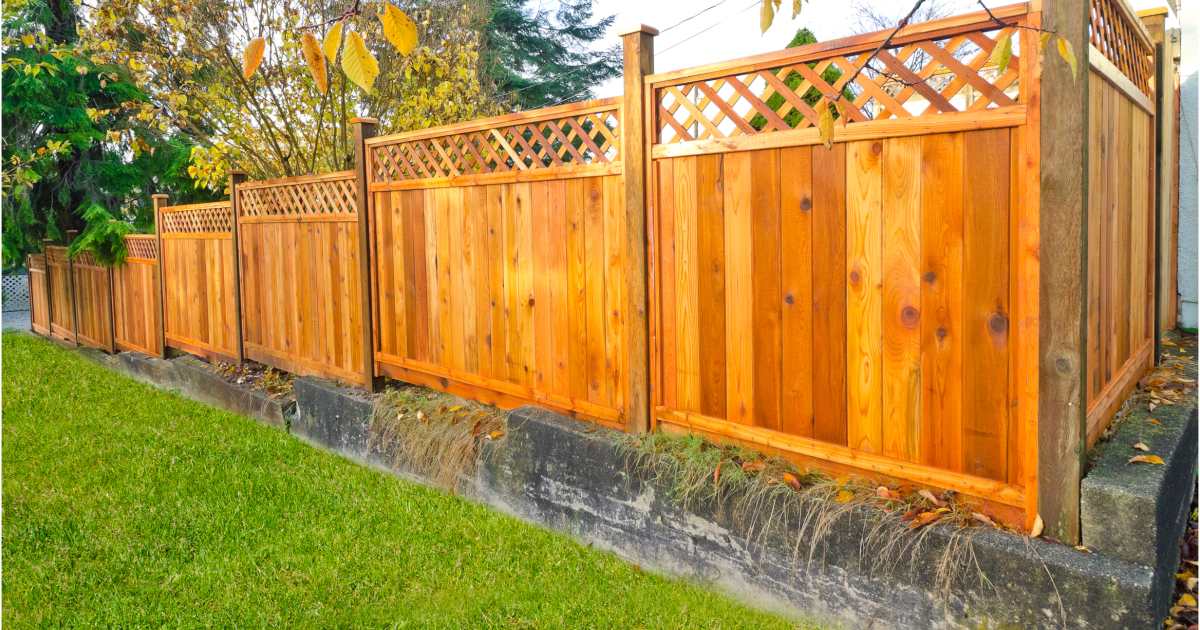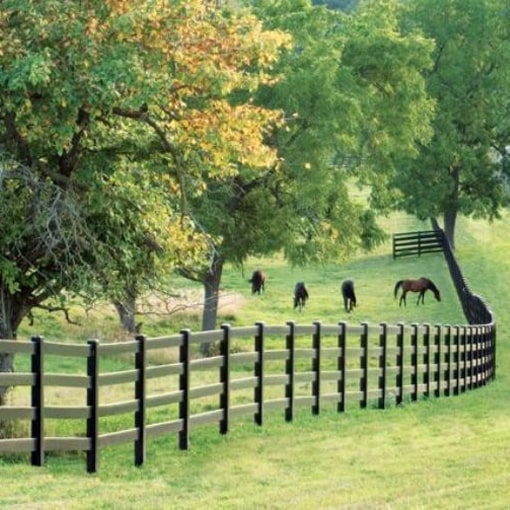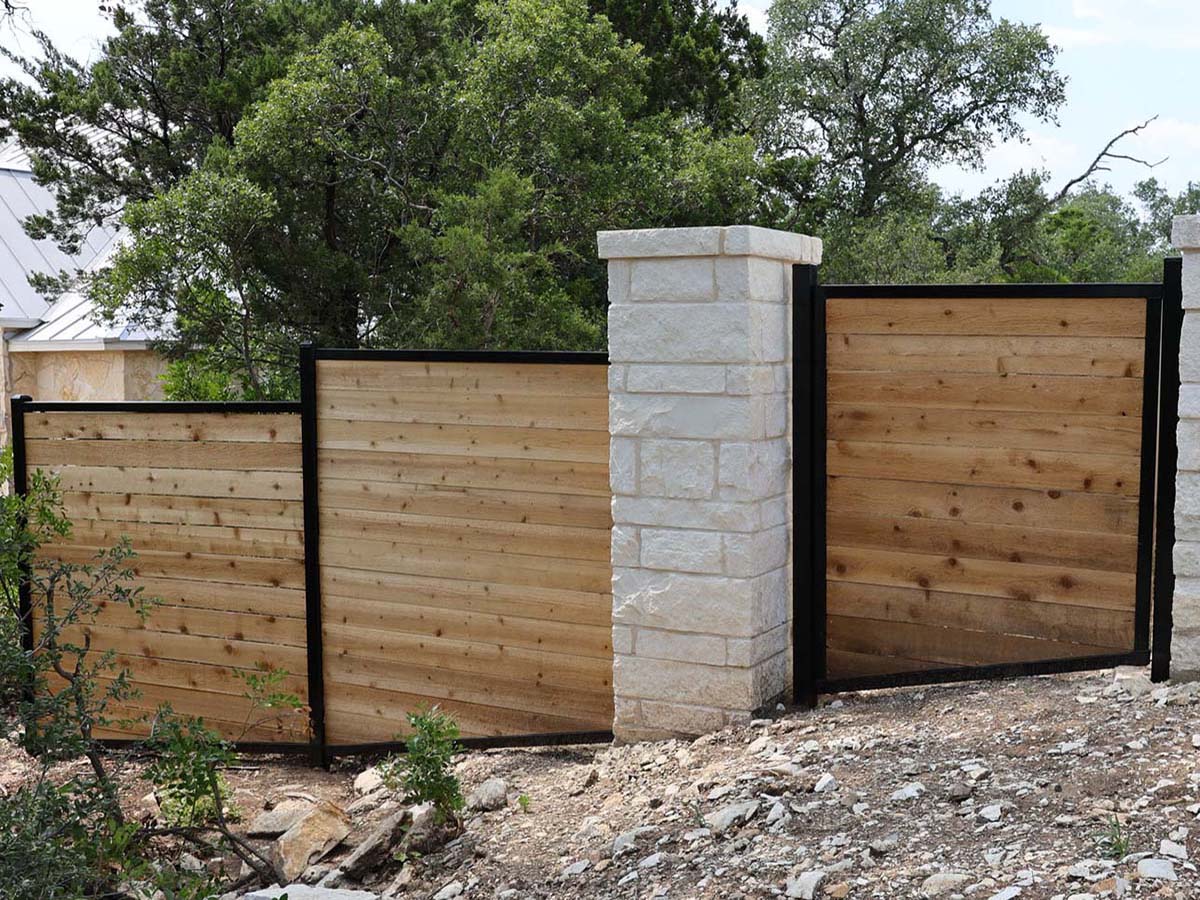All Categories
Featured

Picking the right fence material is crucial for achieving the equilibrium of longevity, aesthetics, and functionality that suits your property. Wood, vinyl, and light weight aluminum are prominent options, each with distinct attributes that cater to certain needs. Below's a comprehensive take a look at the advantages and negative aspects of these three products.
Wood Fence. Pros:. Timeless Charm: Timber uses a natural, classic appearance that complements various building styles. Personalized: It can be painted or discolored in a range of shades and designs. Budget-friendly: Timber fences are typically cheaper upfront than plastic or light weight aluminum. Eco-Friendly: As a renewable energy, timber is eco-friendly and lasting when sourced sensibly. Cons:. Maintenance-Intensive: Calls for normal staining, painting, or sealing to shield against weather and bugs. Much Shorter Lifespan: Depending upon the kind of wood and environment, it generally lasts 10-15 years. Susceptability to Damages: Prone to decaying, warping, and termite damages without correct care. Wood is suitable for home owners that value aesthetic appeals and want to spend time and effort in upkeep to prolong its life.
Vinyl Fencing. Pros:. Long lasting: Immune to pests, rot, and climate, plastic keeps its structure in severe problems. Reduced Maintenance: Requires little upkeep beyond periodic cleansing. Long Life expectancy: Plastic can last 20-30 years without significant wear or damages. Functional Layouts: Readily available in numerous shades, appearances, and designs, including options that imitate wood. Disadvantages:. Costly Installation: Vinyl fences are much more expensive to install contrasted to timber. Weak in Winter: Vinyl can split in severe cold environments. Hard to Repair: If harmed, whole areas may require replacement, which can be testing to match. Vinyl secure fencing is a fantastic selection for those prioritizing long life and minimal upkeep, also if it comes with a higher in advance price.

Light Weight Aluminum Fence. Pros:. Rust-Resistant: Aluminum does not rust, making it perfect for moist or humid locations. Lightweight however Strong: Offers stamina without being overly heavy, which simplifies installation. Low Upkeep: Requires bit greater than cleaning and occasional repainting. Longevity: Light weight aluminum fences can last for decades without substantial degeneration. Elegant Layouts: Frequently used for attractive objectives, light weight aluminum adds elegance to any type of residential property. Cons:. High First Expense: Light weight aluminum fencings are amongst the more costly choices. Minimal Personal privacy: Commonly created with open areas, they do not obstruct sights or sound. At risk to Dents: While tough, aluminum can be dented or bent with heavy impact. Light weight aluminum is best matched for those that desire a resilient, fashionable fence and do not call for full personal privacy.
Making the Right Option. Each material has its strengths and weak points:

Timber is ideal for standard aesthetics and eco-conscious purchasers that don't mind upkeep. Plastic helps property owners seeking a weather-resistant, low-maintenance solution. Light weight aluminum is a long lasting, ornamental option for those who desire beauty and durability. Consider your priorities-- whether it's expense, privacy, look, or maintenance-- and get in touch with a fencing professional to pick the material that best meets your requirements. A well-selected fence will certainly boost your residential property for many years ahead.
Latest Posts
Chill, Sip, and Enjoy at Shake Street
Published Apr 21, 25
1 min read
Protect Your Future with WyHy's Unique Certificate Options
Published Apr 21, 25
1 min read
Why Pick WyHy Quick Trac Interest-bearing Accounts
Published Apr 21, 25
1 min read